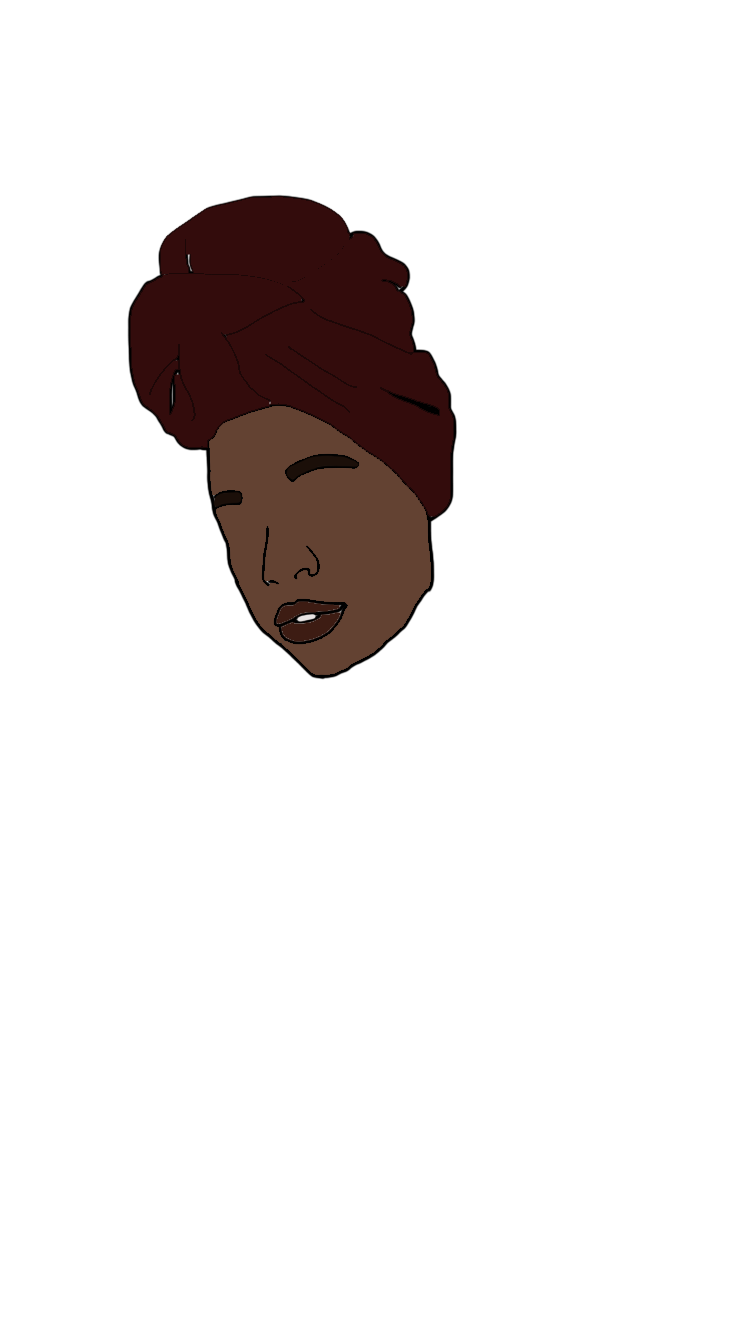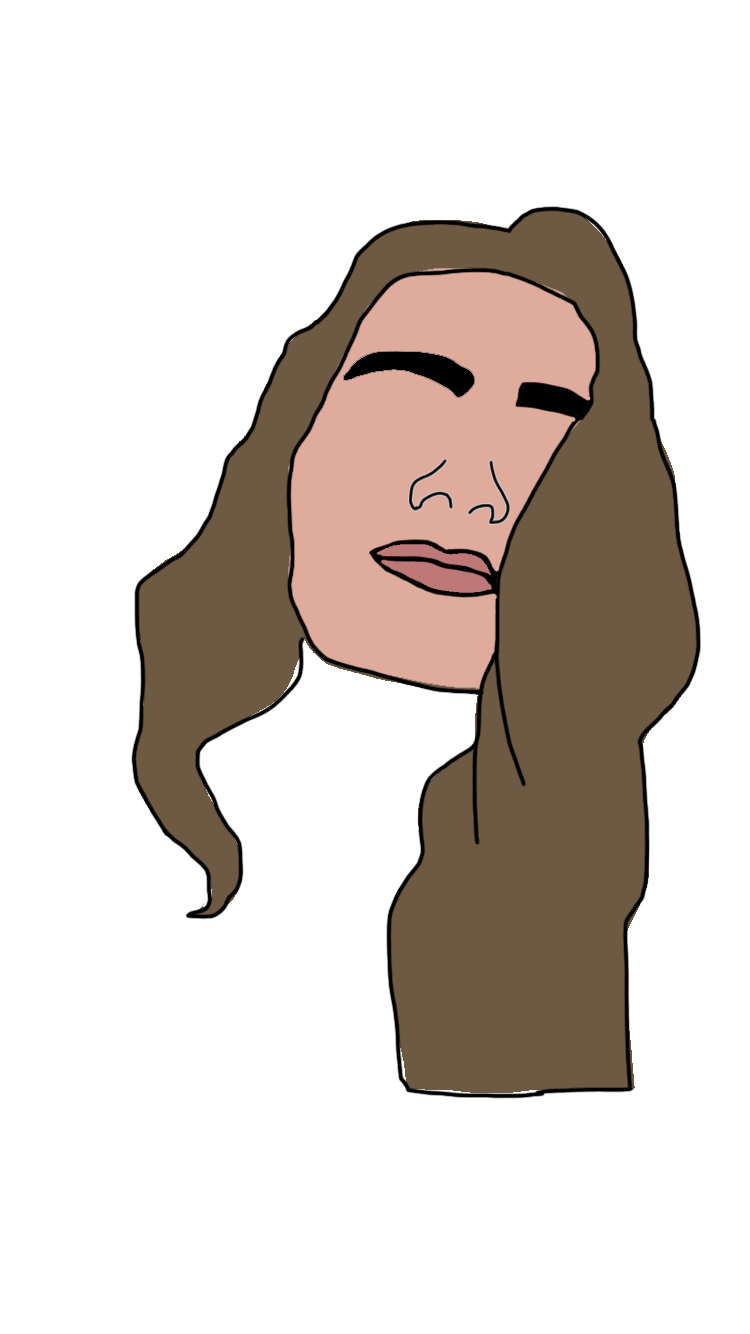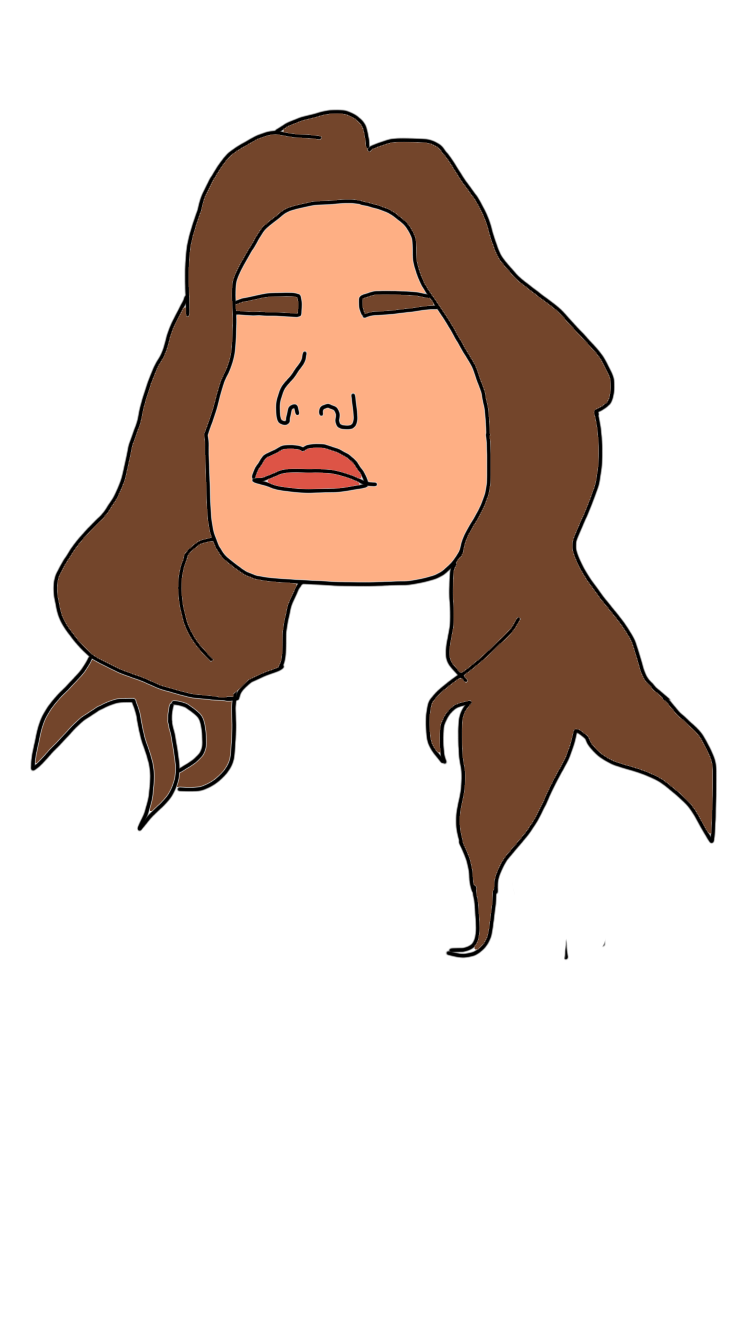
"In my essay I’ve looked at intergenerational transmissions within the Cape Verdean community and how this has affected me. Cabo Verde had a difficult and painful colonial history. It has left deep scars within the Cape Verdean community. The scars can be translated into "Intergenerational traumas". You can see these trauma’s back in the Cape Verdean self-image, alcoholism, sexual abuse, mass migration, colorism, single mothers, educational problems and the emotional distance. Because of these trauma’s I thought of Cape Verde as an complex and overwhelming culture. This is mainly because the "problems" of the Cape Verdeans were magnified, but never the cause. While writing this essay, I looked into that very cause in order to understand the traumas better. It has become very clear that there is a direct link between the dysfunctional history (slavery) and the traumas within the Cape Verdean community. I have also come to the conclusion that I am the end product of the traumas that have been transmitted from generation to generation. With the help of this essay I was able to better map out what those traumas meant for me, but I was also able to trace where they came from. These insights give me more tools to recognize and break through patterns, which leads to 'decolonizing' myself. ''

''For me, I’m starting to realize through the writing for this project that in my mind there had always been this distance that I’ve felt to a part of my cultural background. This distance grows from a set of ideas that I’ve been ‘thought’ about how you should be connected with your culture and with your identity: For example through language and embodied appearance.
This made me feel confused and uncomfortable about my own cultural identity because I didn’t fit into all the boxes I thought I should fit into. Through my research I’ve been 'decolonizing' the ideas that have been planted into me about multicultural identity by sharing stories and reading about other individuals with multicultural backgrounds and the theories behind their connection with identity. Through this research I’m finding my own connections with my cultural backgrounds.''
"My research comes trough the filter of a white Western woman, born and raised in the Netherlands. I grew up in a culture where people, in my opinion, are billitling many problems such as racial inequality, gender studies, mental health issues, still accepting stereotype role-plays and denying stigmas within our society. There is a Dutch statement that says ''wat niet weet wat niet deert’’, which for me summarises how I see the mentality of many people from my culture; with a lack of empathy. A culture filled with taboos, hidden stories and unresolved trauma.
I choose to research the trauma of sexual abuse within Dutch society because I experienced it myself. It is a part of my own personal background and perception on what forms me. But what I think is so beautiful about this subject is that it's an issue that transcends age, race, religion, nationality and class, because of its intersectional level. In the Netherlands has 41%, so almost half of all woman experienced a form of sexual abuse. So to be able as a woman with a Dutch background to talk to woman of all cultural backgrounds within Dutch society helped me to connect on a deeper level and create a better understanding having the same difficulties - while breaking taboos talking with each other about its similarities, so we were able to heal embodied trauma as a collective."

Decolonization in relation to my journey required me to accept what I was doing. My healing journey involved the understanding and acceptance of me behaving and portraying myself as something or someone else. This stemmed from the need of validation of others. Not in making the right decisions but more wanting to always be accepted. People and society to see and know that there is more to my than my skin colour. By trying to separate the one thing that was the core of my own identity.
1. We formed a research group based on our personal interest. Our essay topics were a bit diverse but it all led to what influenced our identity.
2. Our embodied knowledge led to individual research about intergenerational trauma, sexual abuse, stereotypes and x. (even zelf nog invullen)
3. We came together and discussed our findings during writing the individual essays. These conversations were really inspiring but also painful. The intimate conversations triggered us to talk about things we never talked about. We created a space where we could go in depth about our trauma’s and learned a lot from each other’s perspective.
4. By gaining knowledge through writing the essay in combination with our conversations we came to the conclusion that this whole process felt like a healing process. We were ‘decolonizing’ ourselves and by doing that we were ‘collectively healing’.
5. So we started doing a collective research on healing. We figured out that:
- Talking is healing. By sharing you stories, emotions and feelings it creates space for people to not only understand you better, but it is used as a method for yourself to reflect on your own behavior.
- Knowledge is power. Primarily based and driven by different world views. Each and everyone have been given or has a lens of their own perspectives of reality. How they are shaped and formulated. It shows the true core of how we look at different aspects, ideals, or shape morals and values is fully influenced by your upbringing, personal trauma’s and cultural history.
- Healing is not easy peasy lemon squeezy. It is or can be a painful process of different emotions and feeling to fully analyze your own self.
- It is important to have a critical view on your own position and identity in relation to the dominant discourse.
6. With the knowledge that has been gained we wanted to create and provide something to create awareness on how to start your own healing process, involve our own stories to emphasize different types of situations and feelings. But also share the gained knowledge to inform the articulacy of their feelings.
7. After reflecting on our ideas, we thought about creating a physical booklet that creates awareness on how to start your own healing process. We are very aware that there is not one solid way to heal so we decided to create a booklet without a chronological order. This booklet is entirely based on our own experience and we hope to offer other people tools to start their own healing process.
8. We started with the creative process by designing the booklet. We choose the colors yellow and orange. The colour yellow is associated with energy, new beginnings, fun and happiness. Yellow provides focus and purpose by stimulating the brain. Yellow also represents knowledge, wisdom and maturity. The colour orange is a vibrant colour that represents warmth and enthusiasm. Orange is associated with happiness, optimism, power, energy and attention. The patterns chosen for the layout in our booklet represents the integrated process of healing that we went through.
9. After finishing our booklet we made a production video that shows the ins and outs of our booklet. We are very grateful and happy with our (healing) process and hope that we can encourage you and offer you tools to start your own healing process. We are sending you love and light!
Welcome to our platform! ‘Healing through Stories’ is a collective created by four women from different cultural backgrounds. We all experienced trauma's we never talked about. Our aim is to break the narrative on taboos by normalizing conversations about it. By conversations we experienced the effectiveness and the importance of healing. We used our own healing process to create a booklet full of shared knowledge, critical questions and exercises. With this booklet we want to guide you on how to start your own healing process.
it's worth giving it a try. Good luck!
(A2)